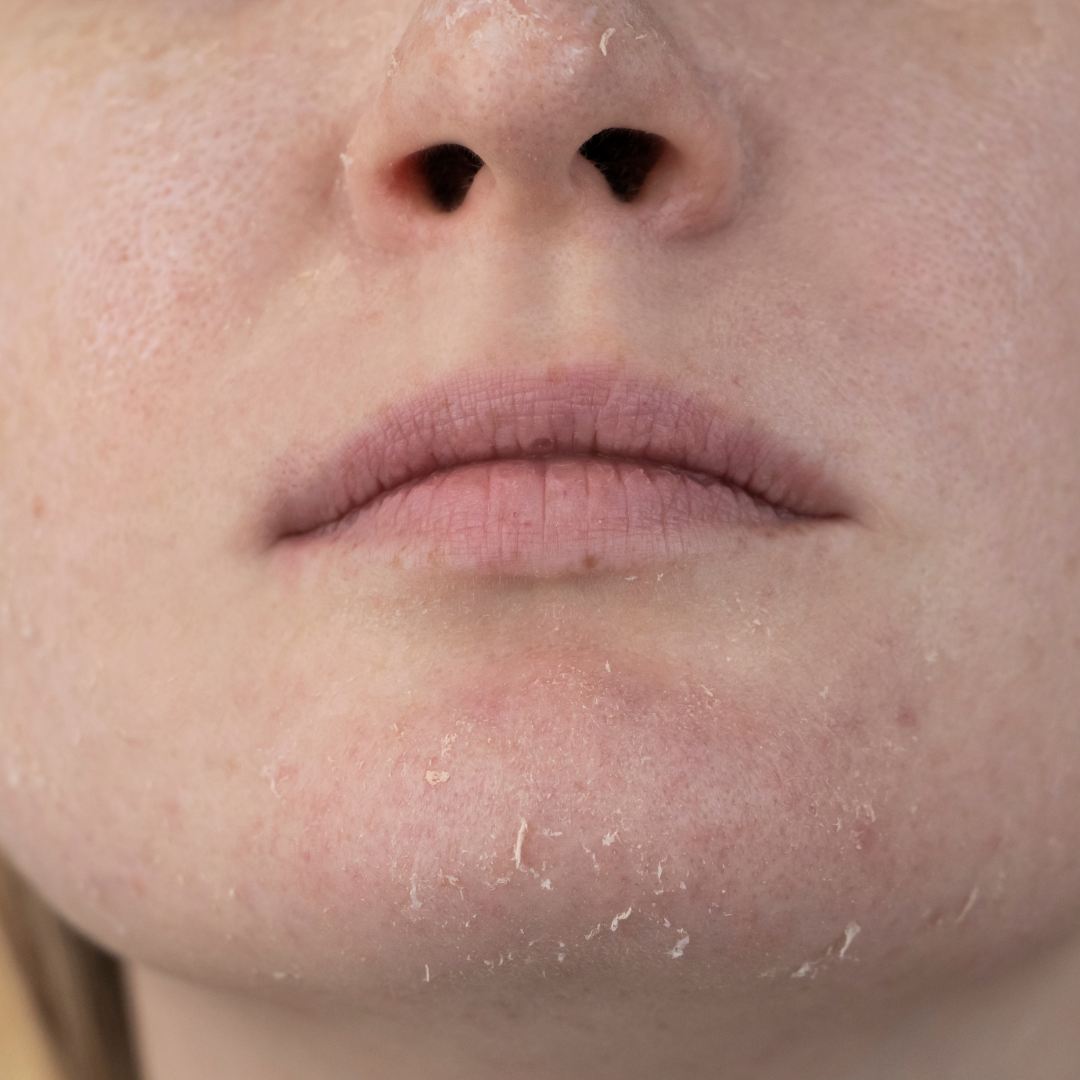How to Deal with Skin Dryness
The chilly weather of winter can wreak havoc on the skin. The dry air from heating systems can strip away moisture, causing dryness and flaking. Aging, changing hormones, and medications can also contribute to dry, flaky skin.
The skin is the largest organ of your body. It acts as a protective shield, protecting you from environmental stressors, but it can also get irritated and irritated skin is not good. It can lead to dryness and whilst skin dryness is not always itchy or painful, it can be uncomfortable.
In order to know more about skin health information, you can read articles or books that focus on this topic. By doing so, you can be aware of good and bad practices of skin care, while also being informed about the new trends. To get back to the point, fortunately, there are a few things you can do to manage dry skin that will lead to happier skin, so a happier you!
First and foremost, even if you have dry skin, it’s necessary to clean it properly using a mild cleanser. Exfoliation is equally important to remove all the dry skin cells. But make sure the products you use for exfoliation aren’t too harsh. Hydration is key for dry skin, so don’t forget to apply a good and thick moisturizer regularly. Also, treating yourself to a facial occasionally can be beneficial too. Facials involve deep cleansing and exfoliation techniques that remove dry skin cells, which may be difficult to do at home. This allows moisturizers to penetrate the skin more effectively, thus providing better hydration to your dry skin. You can easily search on the web for “centers offering facial near me in Dallas, TX” (or elsewhere) and book your slot according to your convenience.
In addition to the steps mentioned above for achieving healthier and happier skin, there are certain products that can be a blessing for caring for your dry skin. Read on to know what they are.
Coconut oil
Dry skin can take a toll on your life, especially after spending time in the hot sun or winter air. It can make you feel unattractive and can, in extreme cases, lead to painful cracked skin. No one wants to feel ashamed of their appearance. Fortunately, there are several things you can do to take care of dry skin. Coconut oil is one of these solutions.
Coconut oil has been touted as a cure-all for everything from acne to psoriasis, but does it really work? And can you eat it? As we have written before, coconut oil, which comes from the fruit of coconut palms, is an edible oil that is extracted from dried coconut meat. Although it’s high in saturated fat, this oil is also rich in Medium Chain Triglycerides (MCTs), a type of saturated fat that the body burns for fuel like it would like other types of fat. As a result, many people use it to lose weight. Coconut oil is ubiquitous in pantries around the world. But you might not have considered it for its skin uses.
Petroleum jelly
Winter weather anywhere brings plenty of dry skin issues. Fortunately, petroleum jelly can help. Petroleum jelly, also known as Vaseline, is a thick, waxy material that’s derived from petroleum. It’s commonly used as a lubricant and, yes, to soothe dry skin. Vaseline’s moisturizing effects come from its thick, greasy consistency, and its consistency is what makes it so effective for treating dry skin.
Petroleum jelly is a thick, viscous oil that has been used for decades on dry skin. First, it prevents your skin’s moisture from escaping, and it also prevents water from entering. When mixed with water, petroleum jelly turns into a gel and can be used as a non-drying emollient on the skin.
Antioxidants and omega-3s
Dry skin is one of the most common beauty complaints, and it’s often due to environmental factors, stress, or hormonal changes. While it would be wonderful if we could just apply moisturizer, and it would clear up, the truth is dry skin can be a symptom of a more serious condition that requires professional treatment. Luckily, there are a couple of things that you can do at home to help your skin, and one of them includes taking omega 3s and antioxidants every day.
Dry skin can be uncomfortable and embarrassing, and many people resort to using expensive moisturizers to help get rid of that itchy, scaley feeling on their skin. Fortunately, there are solutions available that reduce and even cure dry skin. Whole foods, including apples, beets, broccoli, carrots, cauliflower, kale, oranges, potatoes, spinach, and tomatoes, contain antioxidants that fight free radicals. Omega-3 fatty acids also promote skin health, and a good source of omega-3 is salmon or mackerel. They are commonly found in fish oil, which is another good source of antioxidants. Find a product that contains this ingredient, and soon you’ll notice radiant and glowing skin.



